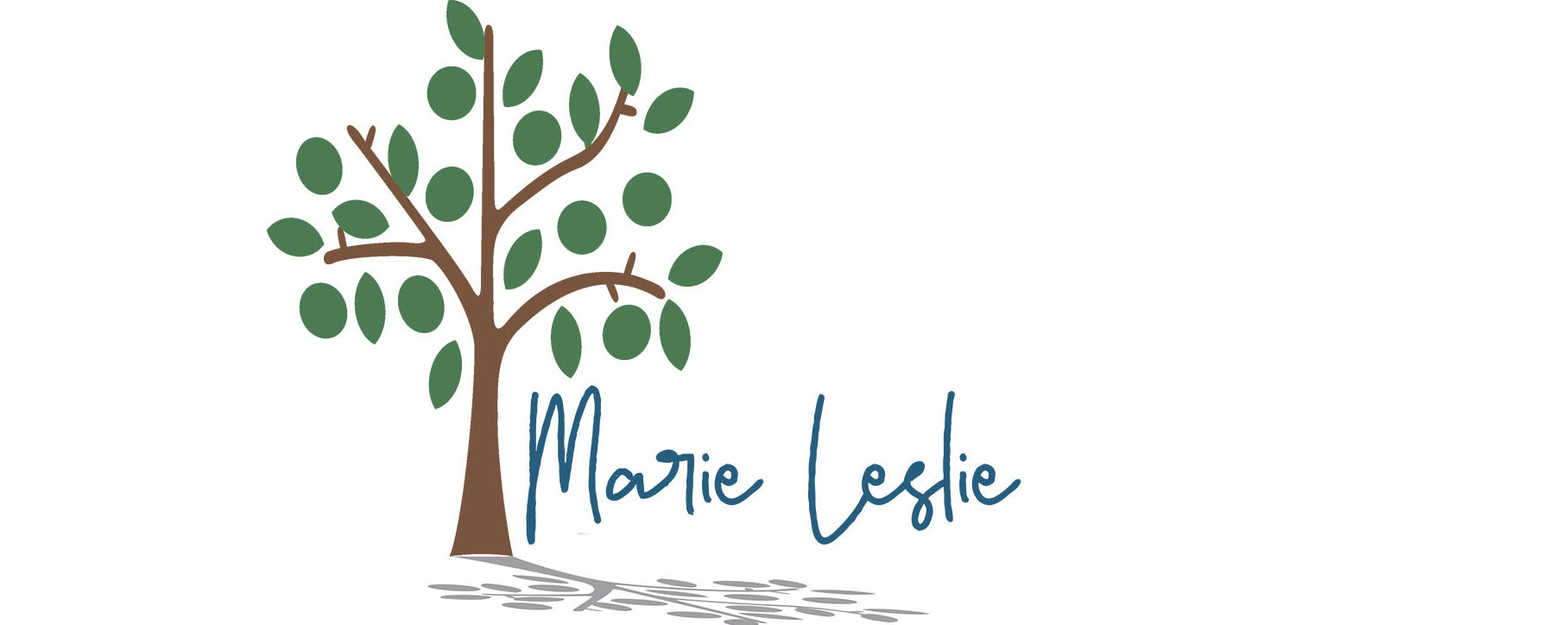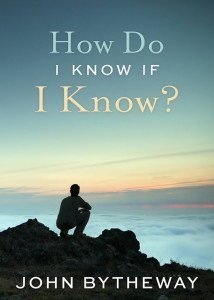How Do I Know if I Know? #BookReview
It’s time for a spiritual “gut-check.” Have you thought about it lately? Do you ever ask yourselves these questions: Do I have a testimony? What do I know? Is it enough? And how do I know if I know?
Author, speaker and teacher John Bytheway addresses this topic in his new book How Do I Know if I Know? which helps you to assess what you do know (which just might be more than you think) and walks you through some of the different elements of having a testimony, using the acronym F.E.E.L. F.E.E.L. stands for feelings, experiences, evidences and logic.
In a twist on the popular “light switch” analogy, John Bytheway suggests we don’t receive a testimony in a sudden flash or like the flipping of a switch, but rather our testimony develops and increases gradually like a dimmer switch, becoming brighter and stronger by degrees.
He starts out by talking about feelings, referring to the scripture in Doctrine & Covenants 9:8, “. . . I will cause that your bosom shall burn within you; therefore, you shall feel that it is right.” It’s important to learn what that feels like for you (everyone is NOT the same)—and to distinguish between those feelings and emotions.
His next chapter talks about our Experiences—the results of our actually living the gospel and the importance of doing so. If you want to know if a principle is true, the best way to learn is to actually live it and witness the results in your life.
Next comes Evidences. As you study the gospel, you can begin to find evidences of the truthfulness of the scriptures, of the prophets and see prophecies that have been fulfilled.
And finally, there is logic. He says that reason is an equally good term, but since it screwed up the analogy (making it F.E.E.R. instead of F.E.E.L.), he stuck with logic. Good choice. I totally get this one. It’s when I learn a principle and “it just makes sense.” I tend to be a logical thinker and I can’t tell you how many times, I have received confirmation of my gospel study in almost exactly this way.
While ultimately we all want to know unquestionable if the gospel is true, it’s ok when we don’t. It won’t all come at once. Like the dimmer switch analogy John Bytheway uses in the beginning of this book, we may start out with just a little bit of light, but our desire for it to increase and our willingness to study and live the gospel will help that light increase and help our testimonies grow until we do know.
But to keep that light bright, we need to continually work at keeping it that way.
I have already started using this book as a jumping-off point to spark some discussions about testimony and about testimony-building. Written in plain language, with lots of examples, it is easy to understand. In a unique twist that offers some additional resources, interspersed throughout the book are QR codes and internet links to videos that reinforce and further explain different concepts.
Whether you’re a youth, a teacher of youth, a new member of the church or someone who wants some help making a self-assessment of your testimony, this book can be a helpful resource.
Buy the Book
This post contains affiliate links, which means I may earn some money if you click on one and make a purchase. It will not cost you any extra, and I will be grateful for your support. Read the full disclosure here.







